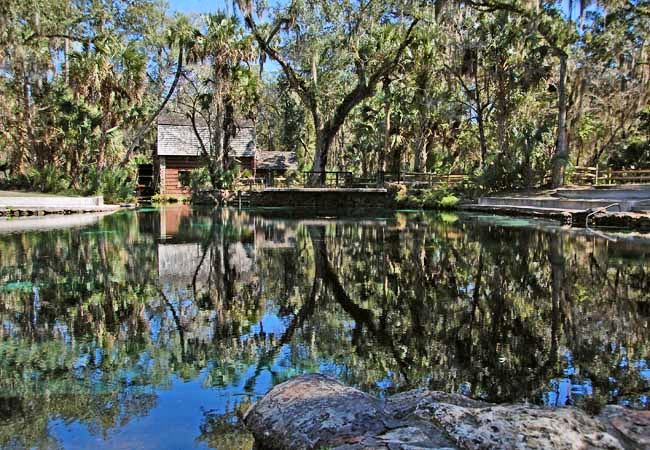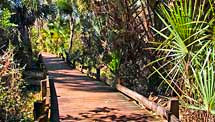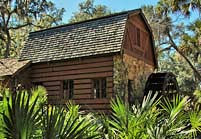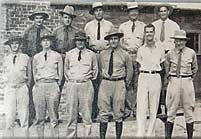|
Scenic USA - Florida Juniper Springs |

| Photos by Ben Prepelka Scenic USA FAA Photography |
For those unfamiliar with Florida geology, most of the state’s subsurface is made up of porous limestone.  Filled with the state’s abundant rainfall, Florida’s huge underground aquifer is responsible for hundreds of major springs throughout the state. Along with its economical benefits, Florida’s springs are a big part of its parks and recreation. With water temps averaging about 70 degrees, a dip into one of Florida’s springs is a great place to chill.
Filled with the state’s abundant rainfall, Florida’s huge underground aquifer is responsible for hundreds of major springs throughout the state. Along with its economical benefits, Florida’s springs are a big part of its parks and recreation. With water temps averaging about 70 degrees, a dip into one of Florida’s springs is a great place to chill.
State parks, established around a major spring, offer a marvelous place to tube, snorkel, SCUBA dive, or just a great place to cool off. Listed among Florida’s top ten springs, Juniper Springs State Park is best known for its rock rimmed swimming pool and old mill. Combining the flow of Fern Hammock and Juniper Springs, the two pump out nearly 13 million gallons of water every day. Surrounded by the Ocala National Forest, the oldest forest east of the Mississippi, the park’s nature trails offer a way to follow the river on foot and see Florida wildlife. While it’s common to see fish, otters and turtles along the river;  deer, raccoons, turkeys and even panthers and black bears have been spotted in this forested area.
deer, raccoons, turkeys and even panthers and black bears have been spotted in this forested area.
Between 1935 and 1936, Civilian Conservation Corps workers built one of the park’s more interesting features. The millhouse, its undershot wheel and millrace were constructed to control water levels in the swimming area. The installation of a generator, powered by the mill, provided electricity to the park. With the nearest electricity miles away, the park’s bathhouse, workshop, water tower and campground were  powered by the flow of spring water. Grateful for work, Depression Era workers were well fed and received 30 dollars per month. While most of their pay was sent home, the CCC workers had little need for money. The majority of their food, clothing, lodging and medical care was provided by the camp. The CCC boys worked during the day and attended classes at night. Many learned to read and write for the first time. On weekends, CCC boys attended church and social events in the nearest town. Much of the CCC's 80 year old handiwork is still on display in state parks throughout the United States.
powered by the flow of spring water. Grateful for work, Depression Era workers were well fed and received 30 dollars per month. While most of their pay was sent home, the CCC workers had little need for money. The majority of their food, clothing, lodging and medical care was provided by the camp. The CCC boys worked during the day and attended classes at night. Many learned to read and write for the first time. On weekends, CCC boys attended church and social events in the nearest town. Much of the CCC's 80 year old handiwork is still on display in state parks throughout the United States.
Area Map

|
Nearby Points of Interest |
Scenic USA Prints from
|
Copyright © 2021 Benjamin Prepelka
All Rights Reserved

